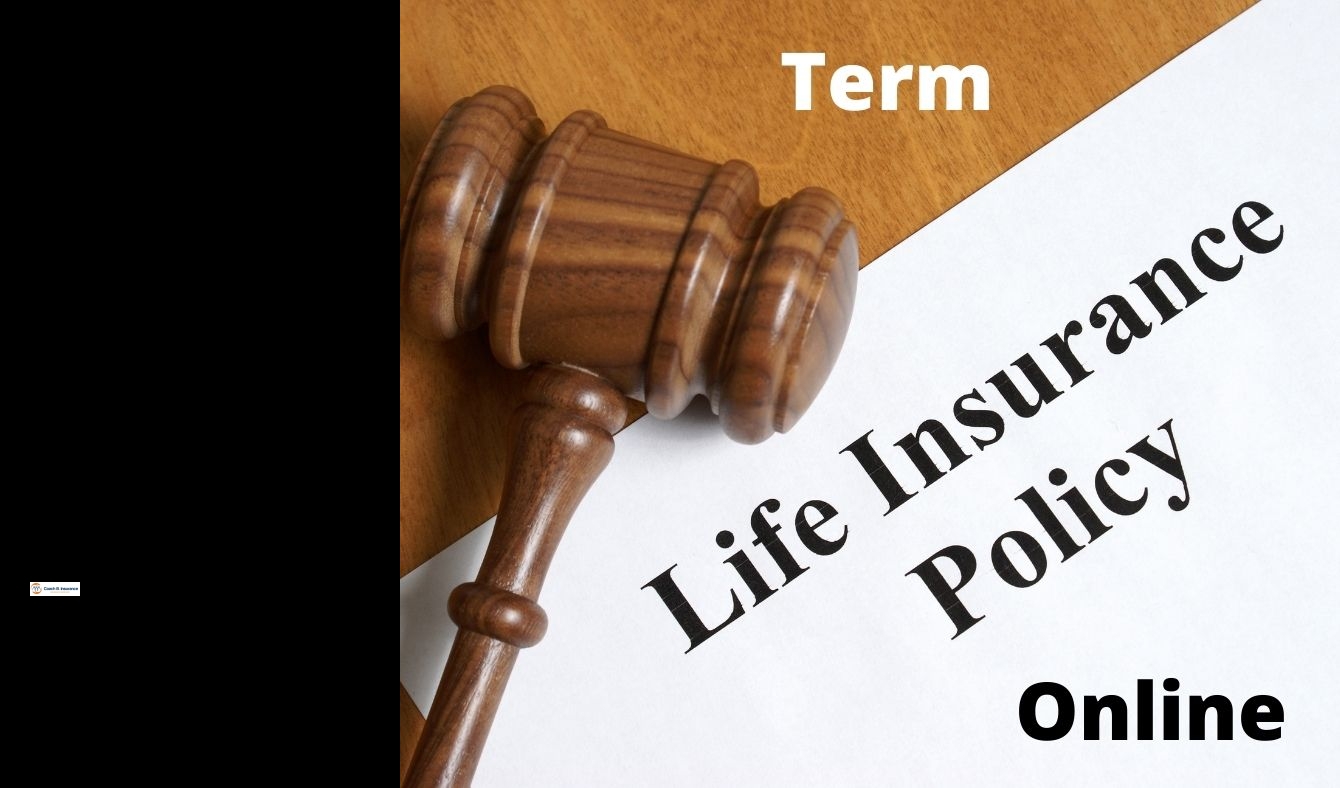whole life vs term insurance
No medical exam term policy is a product offered by some insurance companies. Quotes are based on your average age, which in most cases is between 50-54. These products last only one year. The premiums for these policies increase with each new age group. It can be costly over 15-20 years.



